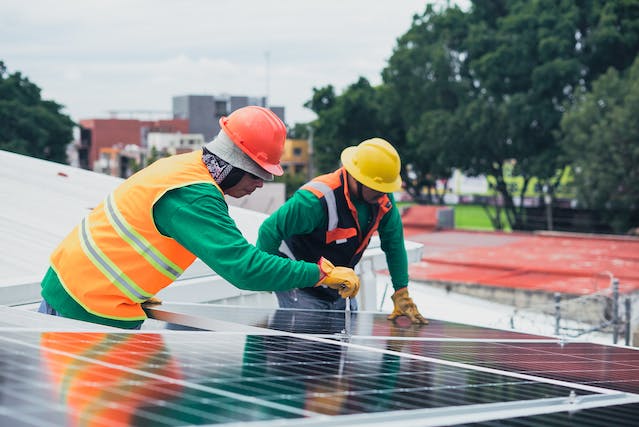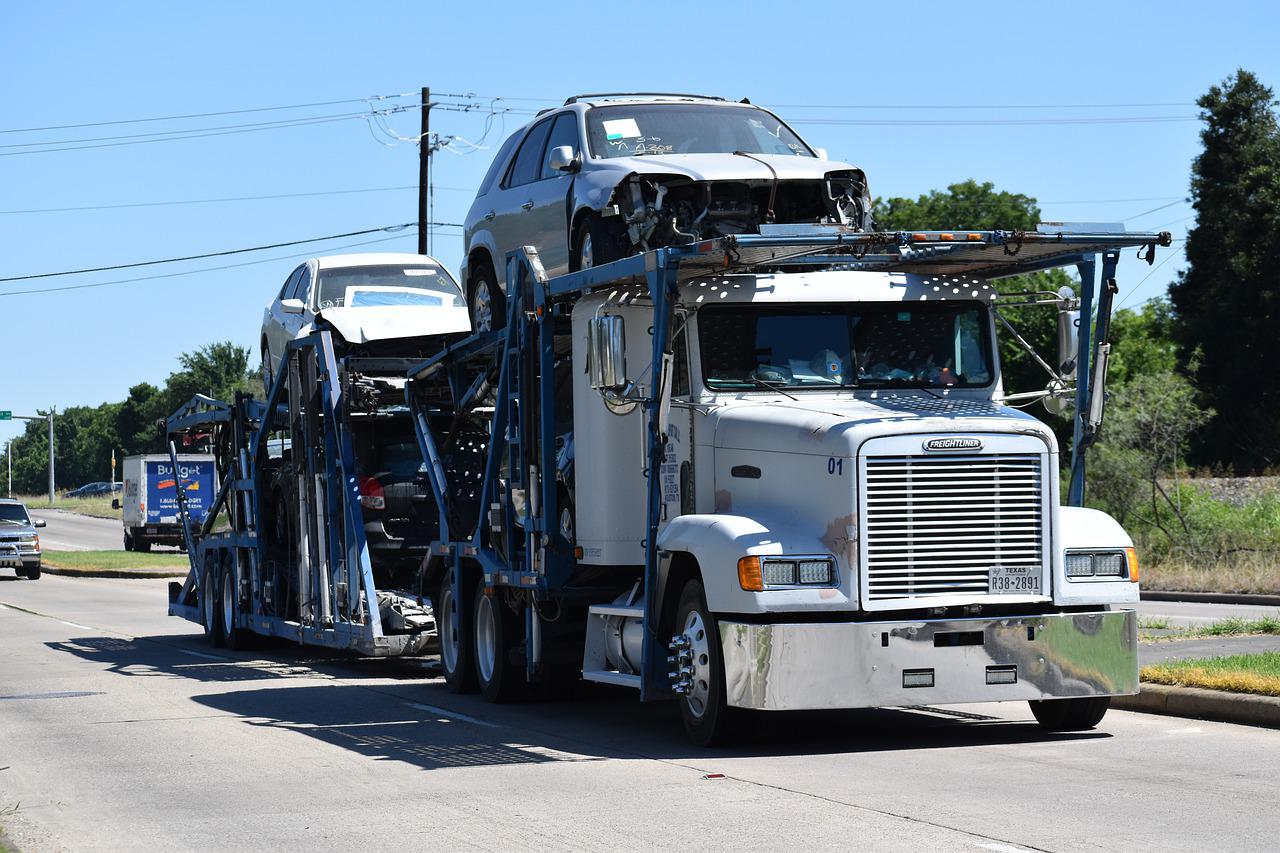Power outages can be inconvenient and disruptive, leaving us without the comforts and necessities that electricity provides. However, with the increasing popularity of renewable energy, such as solar power, there is a viable solution to tackle this issue. For those interested in maximizing energy efficiency and sustainability, residential solar panels in Oregon offer an excellent solution tailored to the region’s unique climate and energy needs.
In this blog post, we will explore how to effectively use solar power during power outages, providing you with a reliable backup source of electricity.
Understanding Solar Power
To harness solar power effectively, it’s essential to have a basic understanding of how it works. Solar power systems consist of solar panels, an inverter, and batteries. The panels capture sunlight and convert it into direct current (DC) electricity. The inverter converts This electricity into alternating current (AC), making it suitable for home use. Batteries store excess energy generated by the panels, ensuring a continuous power supply even when the sun isn’t shining.
With this essential knowledge, professionals from 3D Energy recommend working with specialists in solar electrical systems, as they can explain technical matters further and provide expert guidance on solar power systems. They offer services such as designing and installing cost-saving and power-maximizing solar systems tailored to individual homes. By collaborating with professionals, homeowners can make informed decisions about their solar power needs and ensure optimal performance of their systems.
Preparing for a Power Outage
Before a power outage occurs, it’s crucial to assess your power needs and determine the solar power requirements for your household. Consider the appliances and devices you would like to power during an outage and calculate the necessary wattage. This will help you choose the right solar power system that meets your specific needs.
When selecting a solar power system, take into account factors such as panel efficiency, durability, and warranty. Consulting with a professional installer can also provide valuable guidance in making the best choice for your situation. Once you have selected your solar panels, it’s time to install them and the necessary equipment, such as inverters and batteries, to ensure a seamless transition to solar power during an outage.
Using Solar Power During a Power Outage
During a power outage, connecting your solar panels to the main power supply is essential. This can be achieved through a process called “islanding” or using a transfer switch. By isolating your solar power system from the grid, you can utilize the energy generated by the panels to power your home independently.
To ensure a continuous power supply, it’s advisable to charge batteries with excess solar energy during daylight hours. These batteries can then be used as a backup power source when sunlight is limited or during nighttime. By prioritizing essential appliances and devices, such as refrigerators, lights, and communication devices, you can make the most out of your solar power system during an outage.
Maintenance and Safety Tips
Regular maintenance of solar panels and equipment is crucial to maximize their efficiency and lifespan. Cleaning the panels regularly to remove dust and debris ensures optimum sunlight absorption. Additionally, checking for any loose connections or damaged components can help prevent system failures.
While using solar power, it’s important to adhere to safety precautions. Avoid touching live wires and consult with a professional if you encounter any issues with your system. Familiarize yourself with the proper shutdown procedure in case of emergencies and keep fire extinguishers handy. By following these safety guidelines, you can enjoy the benefits of solar power without compromising your well-being.
Supplementary Power Sources
Although solar power provides a reliable backup during power outages, it may have limitations, especially during extended periods of low sunlight. In such cases, it’s beneficial to have supplementary power sources. A generator can be used as a backup option to provide additional electricity when solar power is insufficient. Additionally, incorporating energy storage solutions like battery banks can increase your power reserve and ensure a longer-lasting backup source.
Solar power offers a sustainable and effective solution to cope with power outages. By understanding how solar power works, properly preparing your system, and utilizing it efficiently during an outage, you can enjoy an uninterrupted power supply.
Regular maintenance and adherence to safety guidelines are essential for optimal performance. Consider integrating supplementary power sources to enhance your backup capabilities. Embrace solar power as a reliable alternative, empowering yourself with clean energy and contributing to a sustainable future.
Photo by Los Muertos Crew on Pexels







